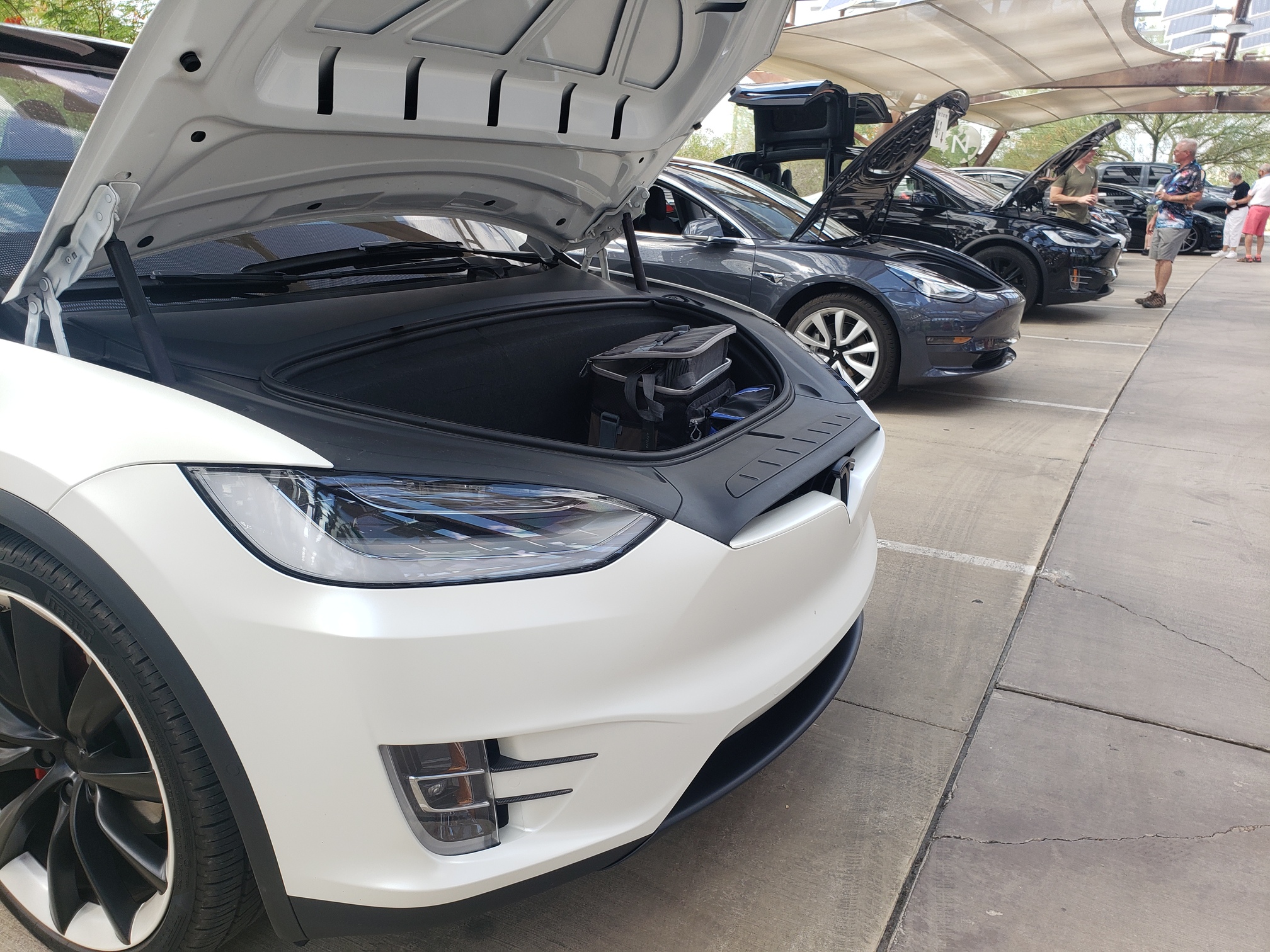Living in Nevada over the last year has given us all a crash course on the impacts of climate change. Scorching heat waves, ongoing drought, and raging wildfires and smoke have become part of our daily lives. Climate scientists just came out with a study that looks at how different generations will be affected by climate change, concluding that “everyone under 40 today will live an unprecedented life in terms of their lifetime exposure to heat waves, droughts and floods.”
But as an organizer I believe in the power of people making change for the better. Saving even one life matters. We are living through the climate crisis; we must make choices now that will protect our future.
That’s why I’m so excited to see that Nevada is on the verge of becoming the next clean car state. Clean car standards are a proven mechanism to lower emissions from our cars and light-duty trucks, which mitigates the climate crisis, improves air quality in our communities, protects public health, and provides consumers with significant economic benefits in the form of pollution-free vehicles, which are cheaper to own than gas-powered cars. These standards represent a commonsense solution to a host of Nevada’s problems, and an example of the kind of climate action we need in all sectors going forward.
The 2021 State of the Air report found that Nevada cities have some of the highest levels of the most harmful types of air pollution: particle pollution and ozone. Both Las Vegas and Reno metropolitan areas are among the 25 cities most polluted by short-term particulate matter. This polluted air has dire health impacts: People exposed to particle pollution are at greater risk of having to be admitted to the hospital or emergency room, missing school or work, and being unable to go outside, especially those with preexisting heart or lung disease, elderly people, and children.
And dirty air is an unequal burden. Communities of color and low-income communities are more likely to be exposed to vehicle pollution. According to the State of the Air report, “people of color are over three times more likely to breathe the most polluted air than white people.”
Governor Sisolak introduced clean car standards for adoption in Nevada last summer to address these issues, and since then, these regulations have seen widespread support from governmental agencies, utilities, nonprofit organizations, and automakers. The Clean Cars Nevada coalition was launched early on in this process and is made up of over 60 organizations that have come together to support the program’s adoption.
We have been hard at work ensuring our members and community know about these standards and all the ways to get involved in supporting this critical climate policy. We held transportation team meetings on the subject, collected over 340 signatures and comments from our members and delivered them to the Nevada Department of Environmental Protection, published blogs and op-eds, and provided comments and letters of support to the state throughout each stage of adoption.
The next step in this process is a final vote at the state’s Legislative Commission, and we are hopeful that Nevada will become the next clean car state any day now!
If Nevada adopts clean car standards in the coming weeks, this will be a huge win for public health, climate mitigation, and consumer choice. It will also be a key step toward creating a cleaner transportation sector, in combination with investments in public transit and improved instructure for safer walking and biking.
Clean car standards will help clean our air, lower transportation emissions, and expand the electric vehicle market in the state so that prices lower and electric vehicles are accessible to all. We appreciate all the work Governor Sisolak and the Nevada Department of Environmental Protection have done to bring these standards to our state and we are counting the days until the Clean Cars program is a reality in Nevada.
Be on the lookout for more updates about our transportation work in Nevada, and learn how you can join our team working to bring about a just and sustainable transportation future.
